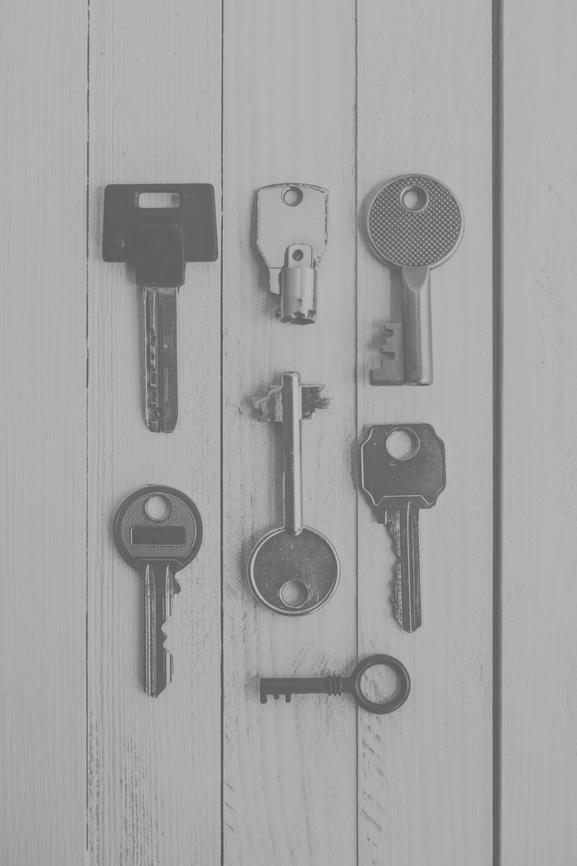Have you protected yourself from the recent Equifax breach? Ben and I got our credit freezes with Experian, TransUnion and Innovis done really easily. Equifax took several tries (they were overloaded with requests), but I got that done on Monday.
From what I’ve heard from you folks, seen on social media and read online, it sounds like most of you took the credit freeze approach as well. It also seems some of you could use a refresher on just what your credit report is, how it relates to your credit score and some easy ways to improve your score. I’ll tackle that today.
Your Credit Report 101
Your credit report is a summary of your credit history. It includes identifying information like you name, social security number, date of birth and employment information. It also maintains a list of your credit accounts, your limits in each of those accounts, your balance information and payment history. Lastly, it also keeps track of credit inquiries (lenders who check your credit in order to give you money) and public records like bankruptcies, foreclosures and tax liens.
Credit bureaus gather this information and sell it to banks, credit card companies and other interested parties. You’ve likely heard of the main three credit bureaus — Equifax, Experian and TransUnion. There’s also a fourth, Innovis, which you may not be familiar with. Innovis is a smaller company based in Columbus, OH. It also receives information for credit reports but not from all the sources that report to the big three.
Your credit report is one of the most important documents in your life because it affects your ability to borrow money, rent an apartment or in some cases even get a job. That is why the breach is such a big deal. If someone uses your information to create new accounts and ruins your report, it can take years to clean up the mess.
Who is this FICO anyway?
Most lenders use your FICO scores when determining your credit worthiness. FICO stands for Fair Isaac Corporation. It’s the company that determines your score from reports given by the big three separate credit bureaus.
Base scores range from 300 – 850. There are some industry specific FICO scores (i.e., scores specific for auto loans, credit cards, etc.) that range from 250 to 900. The higher your score the better.
If you have a score over 760, you will likely get the best rates and terms available. You can still get good rates with a score between 720 and 760. But when you get between 620 and 720, you will find a mix of prime and subprime financing. Anything below 620, you will get the worst rates out there. You may not get financing at all.
FICO calculates your score based on five factors: your payment history (35%), amounts owed (30%), length of credit history (15%), new credit (10%), and types of credit used (10%).
How to Improve Your Score
Don’t worry if your score isn’t quite where you need it to be. Taking two simple steps can dramatically improve your standing.
Set Up Automatic Bill Pay
As you can see your payment history (i.e., how often you pay on time) affects your score the most. The easiest way to pay your bills on time is to set up automatic bill pay.
Almost all companies — your phone carrier, cable provider, and even the IRS — can set up a way for your payments to come out automatically. Having your bills come out automatically means the payment won’t get forgotten or lost and will keep your payment history squeaky clean.
Of course, you have to make sure you have money in the account. So you should leave a little cash cushion to ensure your payments go through.
For those of you that don’t like automatic bill pay, instead you can get auto reminders. Most businesses have the technology to send an email or a text a few days before a bill’s due date to remind you it’s coming up. Setting up a reminder each month will help guard against a forgotten payment, without you giving a lender access to your account.
Pay oOf Your Debt
If you have credit problems, too much debt is likely the culprit. When I graduated from law school, I had $160,000 in public and private student loans and credit card debt. That much debt can be crippling. I’ve talked about goal setting when it comes to paying off debt, but I would also like to offer some more practical steps.
You can find free debt reduction calculators online that can assist you in developing a debt-reduction plan. My favorite spreadsheet lets you categorize your debt by amount, interest rate and minimum payment. It then gives you several options to pay off your debt in the way that works best for you.
For instance, maybe you’d rather pay off the smallest balances first to gain momentum. You can prioritize your debt repayment that way. Or you could decide to pay off your highest rate debt first to save money. That’s my preferred payment strategy. Or maybe you want to pay off loans from your parents before you start working on bank loans. Basically, you can customize the order however you want.
Once you’ve set your priorities, the debt calculator gives you a strategy for using extra money to pay off your debt and shows just how long it will take you using your desired method.
You do need a realistic sense of how much you can contribute towards debt repayment. That means knowing how much you bring in and how much goes out. And, of course, that means finding an effective way to track your spending.
Improving your credit score can be one of the most beneficial things you can do for your financial life. Developing these two key habits will give you the best opportunity of improving your credit the fastest.
Have credit score questions? Contact me at the links below.





